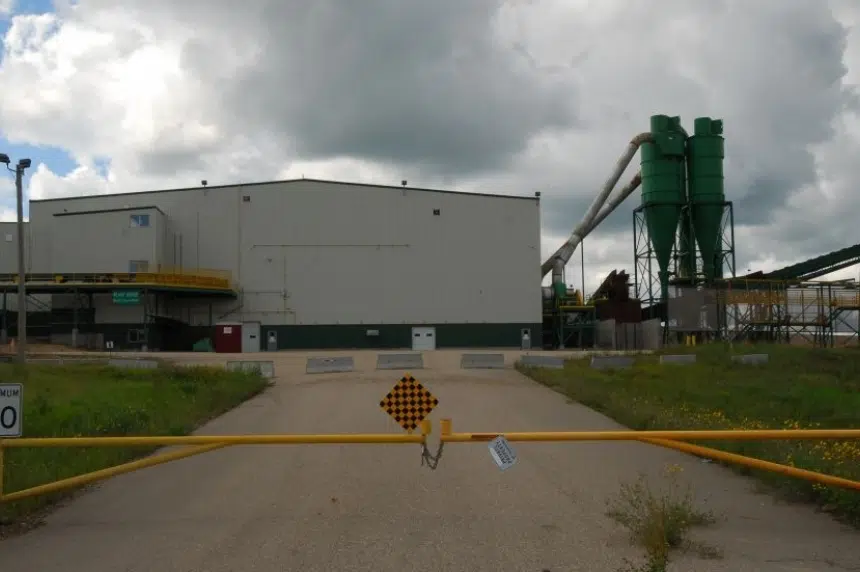Quebec and B.C. will be hit the hardest by new duties imposed on the Canadian softwood lumber bound for the U.S. – but they won’t be the only ones.
On Tuesday, the Trump administration announced its first batch of duties on imported wood in the neighbourhood of 20 per cent.
Forestry remains an important industry in northern Saskatchewan, where it is a key economic driver.
“We export about $550-million worth of forest products, largely into the United States,” said Chris Dekker, president and CEO of Saskatchewan Trade Export Partnership.
“Any trade barrier to what we produce and export abroad is going to be concerning, not only to the economy, but to the industry itself.”
The new tariffs come during a positive period for the Saskatchewan forestry industry. Dekker called it a “bright spot,” noting an “upsurge of late” at a time when other parts of the provincial economy have faltered.
“There’s about 13,000 direct and indirect jobs across the industry and our sales, exports in that industry have been climbing, counter to other exports where commodity prices have been decreasing,” he said.
But Dekker also pointed out only a minority portion of Saskatchewan’s annual forest product exports to the U.S. are in softwood lumber.
“There’s a lot of pulp and a lot of oriented strand board. Only about $84 million of exports is in the softwood lumber area,” he said.
Over the short term, Dekker doesn’t expect these new tariffs to have a serious impact in this province. As for the long term, he’s waiting to see.
“They have announced that this new duty is as a result of an investigation that has been ongoing. Now, there is a second and parallel anti-dumping investigation that is also going on,” he said.
“That could come out this summer and the duty rate that could apply as a result of that investigation could be established in the fall.”
The Canadian government condemned Tuesday’s announcement. In a statement, the federal government called the move unfair, baseless, unfounded and it promised help for its industry.
Natural Resources Minister Jim Carr said the action hurts people in both countries — not only Canada’s lumber sector that employs hundreds of thousands, but also American home-buyers, who must now pay more for wood.
The buildup to this new lumber war began with the 2015 expiry of a decade-old agreement. It stems from a fundamental, long-standing dispute over whether Canadian companies’ access to public land constitutes a subsidy.
Duties will be collected retroactively, too — the U.S. says it will gather them for the previous 90 days. Industry analysts have been expecting the combined duties — Monday’s and the upcoming ones — to range between 30 and 40 per cent.
Carrier Forest Products, a medium-sized company operating in Saskatchewan, will be among those forced to pay retroactive duties.
According to the company, it will cost Carrier millions of dollars and could mean job losses.
– With files from The Canadian Press







